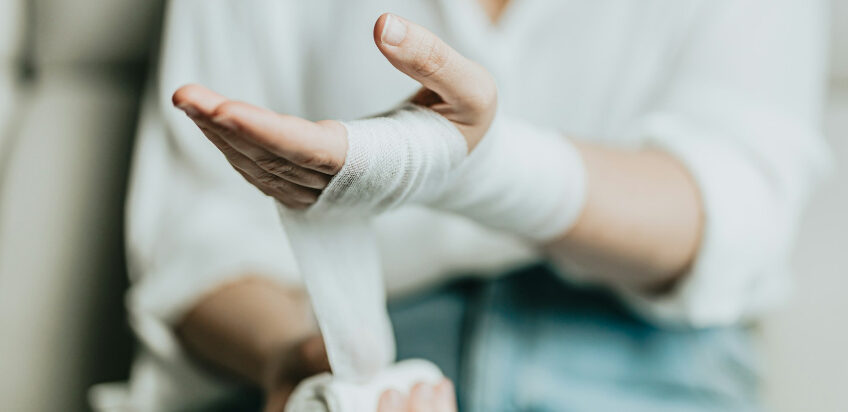Accidents can happen anywhere, but when they occur on someone else’s property due to unsafe or poorly maintained conditions, New Jersey law may entitle the injured person to compensation. This area of law is known as premises liability, and it holds property owners accountable for maintaining a reasonably safe environment. If you’ve been injured on another person’s property—whether residential, commercial, or public—you may have legal grounds to file a claim.
Understanding Premises Liability in New Jersey
Premises liability covers a wide range of incidents that result from negligence by a property owner, manager, or occupier. In New Jersey, property owners have a legal duty to keep their premises safe for lawful visitors. This includes:
- Regularly inspecting for hazards
- Repairing dangerous conditions
- Posting adequate warnings if immediate repair is not possible
Failing to uphold this duty can make the owner legally responsible for any resulting injuries.
Common Types of Premises Liability Accidents
Some of the most frequent types of property-related injuries in New Jersey include:
- Slip and Fall Accidents: Caused by wet floors, icy sidewalks, or uneven surfaces
- Trip and Fall Hazards: Including exposed wires, broken stairs, or loose rugs
- Falling Objects: From improperly secured shelves or construction areas
- Dog Bites: When an aggressive animal is not properly restrained
- Swimming Pool Accidents: Due to lack of fencing or supervision
- Inadequate Security: Leading to assault or robbery on commercial premises
Who Can Be Held Liable?
In New Jersey, liability depends on the type of visitor involved:
- Invitees: People invited onto the property for business purposes (e.g., customers at a store). Owners owe the highest duty of care to these individuals.
- Licensees: Social guests visiting for non-commercial reasons. Owners must warn them of known dangers.
- Trespassers: Owners generally owe no duty to trespassers, except in cases involving children or willful harm.
Landlords, business owners, government entities, and private homeowners can all be held liable under the right circumstances.
Steps to Take After an Injury
If you’re injured on someone else’s property in New Jersey, the following steps are essential:
- Seek Medical Attention – Your health and safety come first. Document all injuries.
- Report the Incident – Notify the property owner or manager right away.
- Gather Evidence – Take photos of the hazard, get contact information for witnesses, and preserve any damaged items.
- Avoid Giving Statements – Don’t speak to insurance companies or sign anything without legal advice.
- Contact a Personal Injury Attorney – An experienced New Jersey premises liability lawyer can evaluate your case and help protect your rights.
What Compensation Can You Recover?
In a successful premises liability claim, you may be entitled to compensation for:
- Medical expenses
- Lost wages
- Pain and suffering
- Future treatment costs
- Permanent disability or disfigurement
The amount depends on the severity of the injury, the degree of negligence, and how the injury has impacted your life.
When to File a Claim
New Jersey has a two-year statute of limitations for most personal injury claims, including premises liability. This means you must file your claim within two years from the date of the accident, or you may lose the right to seek compensation.
If you’ve been injured on someone else’s property in New Jersey, don’t wait to take action. Understanding your rights and seeking legal guidance early can make a significant difference in your recovery and the success of your claim.
